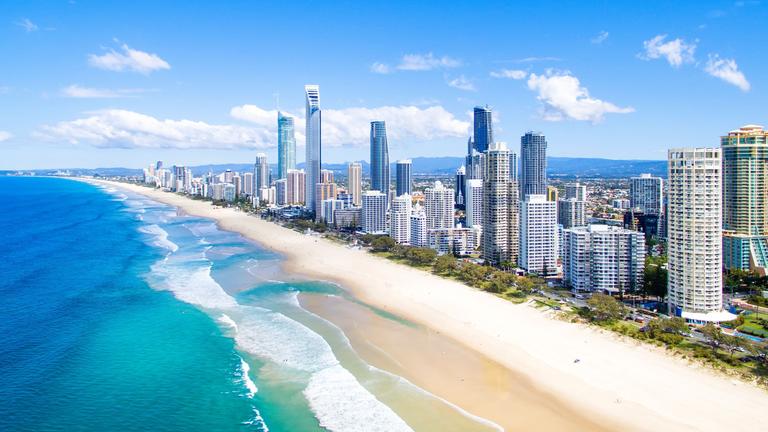Australia Must Focus on Skilled Migrants, Not Family Reunions

Understanding Australia’s Migration System
Australia’s migration system has its strengths and weaknesses, especially for international job seekers eager to build a career here. At present, the system leans more towards family visas than skilled migration, which can leave many potential migrants feeling a bit lost.
What is the Permanent Migration Programme?
Australia’s Permanent Migration Programme allows for up to 185,000 migrants each year. However, around 30% of these visas are set aside for family reunification. This means that many skilled jobs go unfilled. Interestingly, only about 12% of new skilled migrants arrive from overseas; most are already living in Australia on temporary visas.
The Role of Temporary Migrants
Temporary migrants—such as international students, recent graduates, and working holidaymakers—are essential to Australia’s skilled workforce. They frequently step into critical roles in sectors like construction, where there’s a noticeable shortage of skilled workers. In fact, over half of graduate visa holders are working in high-skill positions, which challenges the stereotype that they only take up low-skill jobs.
Visa Sponsorship Options
If you’re an international job seeker, **visa sponsorship** can be a crucial way to work in Australia. The **482 visa** (Temporary Skill Shortage) allows Australian companies to recruit overseas workers for jobs they can’t fill locally. If you dream of securing permanent residency, the **186 visa** (Employer Nomination Scheme) could be your ticket. This is aimed at those already working in a skilled position on a 482 visa.
For individuals eyeing permanent residency without employer sponsorship, the **189 visa** (Skilled Independent Visa) is a points-based option. You accumulate points based on factors like age, English language skills, and work experience.
If you’re considering a regional work opportunity, the **491 visa** (Skilled Work Regional (Provisional) Visa) is worth looking into. This visa is tailored to attract skilled workers to areas outside of major cities, offering a pathway to permanent residency after a few years.
Challenges for Temporary Visa Holders
While temporary work visas provide important opportunities, many holders find themselves in a tough situation. They need to find skilled work to apply for permanent residence, but often need permanent residency to secure those skilled roles. This loop can waste valuable talent and negatively impact Australia’s economy.
Moreover, the construction sector is facing a significant shortfall, with 130,000 tradespeople needed, highlighting the importance of skilled migration in meeting the country’s workforce demands.
A Need for Reform
Reforming the migration programme to focus more on Skilled Stream applicants while balancing family visas could streamline the system. Adjusting these allocations could attract the talent Australia desperately needs while adhering to legal commitments.
Such reforms could help alleviate workforce shortages and restore employers’ trust in skilled migration pathways.
In summary, while Australia has various routes for skilled migrants, navigating them can be daunting. Staying updated on immigration policies will help you make informed decisions about your options.
What do you think?
Have a question about this topic or your own plans to move to Australia? Scroll down and leave a comment. We’d love to hear from you.
Thinking about moving to Australia?
Join our free and supportive community at Oz Visa Forum.
Post in our forums to get advice and support from people who’ve already made the move.
Not sure where to start? Click here to get started







Responses